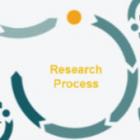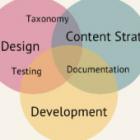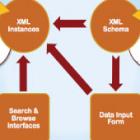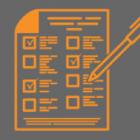
Cobalt Automotive Shopper Survey Analysis
ADP Cobalt group, a leading provider of digital marketing solutions for the automotive industry, has spent years collecting customer survey feedback on their dealer websites. The company now wants to leverage this valuable data in order to gain meaningful insights that will help guide decisions to optimize content and website functionalities for the end user. Our team will execute a quantitative research project using advanced natural language processing tools to help systematically categorize the unique open text responses and statistical learning methods to cluster customer segmentations, these findings will potentially be used by business stakeholders and the research team to aid in product optimization decisions.









